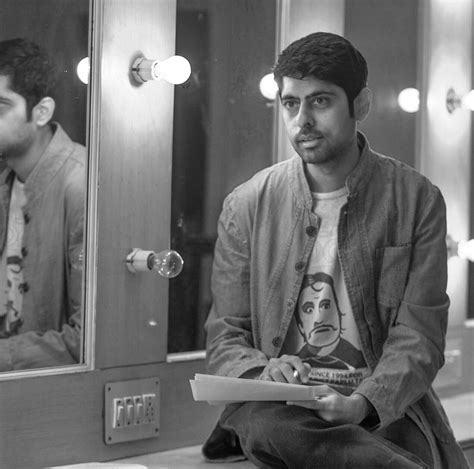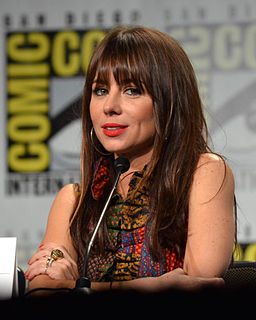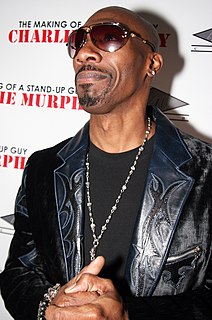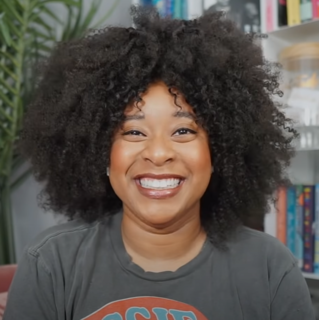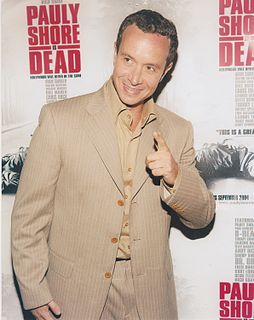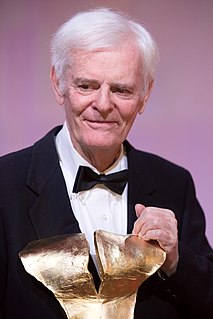A Quote by David Baddiel
When I first started, stand-up comedians writing novels was thought of as a great encroachment on the art form and people got very angsty. But comedians are storytellers so it's really a hop, skip and a jump.
Related Quotes
I'm glad that that era of stand-up is over, because I think it adversely affected a lot of people who could have been really, really great comedians. Because they unconsciously or subconsciously stifled their wild impulses, and were thinking about the five clean minutes for The Tonight Show, or the 20-minute sitcom pitch as a stand-up act.
You have comedians who just do jokes, and they're called comics, not comedians. You have comedians that do bits - a person that has a lot of jokes that have a beginning, a middle and an end, but it's not a real story. And you have someone that does great stories, the one that blends those things together - that person is doing comedy.
I started out being a stand up and writing my own material. That took me to Talk Soup, where I was writing and performing for TV. So everything is all the same job in my eyes, and I don't want to ever give up any part of it. I will say that stand-up is my first love; it's how I got started and is in my bones.

